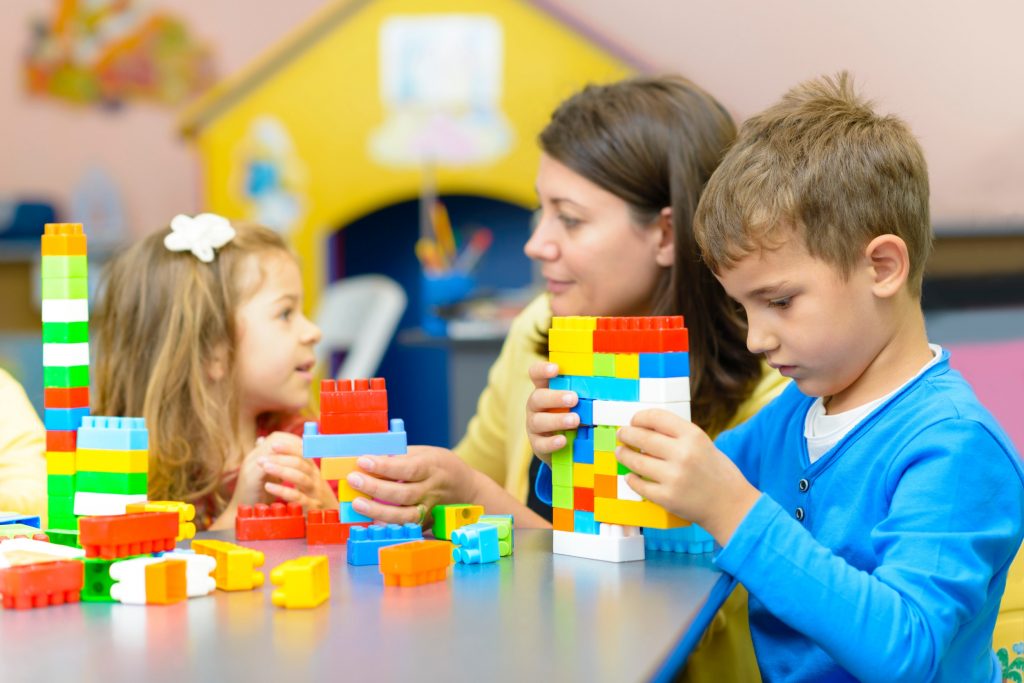We often associate difficult emotions with adulthood and talk therapy. Like adults, children also struggle with difficult emotions; however, they don’t have the language we have as adults. But what happens when you don’t have the words or experiences to understand or verbalize what is going on?
This is where Play Therapy comes into the picture. Play therapy is to children, what talk therapy is to adults. Play is the language of children.
WHAT IS PLAY THERAPY:
When children aren’t able to verbalize what they are feeling they may internalize these emotions which can lead to them acting out behaviorally. Play therapy is a popular method of treatment when working with young children. Play not only allows children to process through their difficult emotions, but it allows them to understand and learn new developmentally appropriate coping skills. Simply put, play allows them to process through their trauma or difficult emotions utilizing symbolic expression, where toys are their words and play is their language (1).
Play therapists strategically allow space for processing, and/or opportunity for learning and growth. Play therapy is not just playing with toys like a child does at home, but it is a therapeutic process that requires additional training on the part of the therapist. If you have a younger child that would benefit from counseling, it is important to choose a therapist who has training in play therapy.
Children are always observing and learning. They communicate through play and behaviors, and learn what is acceptable and unacceptable through the reactions from others toward their behaviors and actions. These behaviors are enacted and appropriately modeled through play in the therapy setting. Play therapy acts as a safe environment for children to not only process and learn new skills, but gain a sense of control in what can seem like an uncontrollable world. It supports independence, exploration, and builds self-confidence, self-esteem, and self efficacy. (1)
Play therapy facilitates communication, learning, and provides resolution. It has also been shown to reduce anxiety, depression, and support brain plasticity. (2) Play itself releases multiple neurotransmitters in the brain which help support mood regulation, motivation, and building trust.
WHO BENEFITS FROM PLAY THERAPY:
There is space for play in the therapy room for all ages. However, play therapy is particularly geared toward and effective with the ages of 3 – 12. When children come to counseling play therapy is considered best practice in helping them meet their goals! If you would like to learn more about play therapy, give us a call at 720-583-9332.






